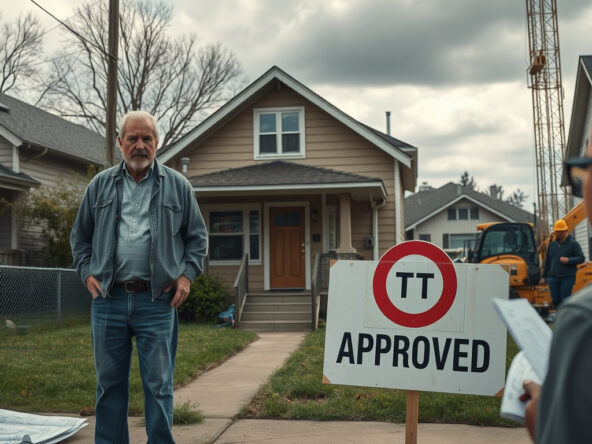Planning Approval Granted for Home Extension Amid HMO Concerns
Planning committee–approved application extends property, converts garage to habitable space; local residents–objected, raised concerns—neighbors–perceive extension as prelude to HMO conversion, increased occupancy, aggravated parking constraints. Application, detailing extension and conversion, aligns with national regulation permitting six occupants per dwelling without extra statutory consent; residents dissent, noting potential for escalated vehicular influx and elevated residential density.
Community Concerns Over Parking and HMO Use
Thirteen residents, during public consultation, voiced objections; narrow driveways, limited parking space produced apprehension, inciting debate—neighbours predicted extension, officially designated gym and study, might transition—extension→HMO conversion—if occupancy expands. Public discourse, embedded in statutory framework, interconnected resident sentiment, spatial limitation, vehicular ingress, and latent change-of-use imperatives.
Planning Committee’s Deliberation
Committee, anchoring decision solely on submitted application, circumscribed hypothetical future adaptations; application–content, conditions limiting extension strictly to ancillary functions, maintained legal integrity. Attempts to excise extant permitted rights were dismissed by planning officers—officers cited that exceptional, verifiable circumstances must emerge to justify supplemental restrictions, a threshold not reached in this instance.
Outcome and Implications for Property Investors
In a unanimous resolution, committee approved extension; chairman, while expressing reluctance, acknowledged local planning powers as inherently circumscribed by national statutes. Investment analysis in residential modifications thus entails scrutiny of regulatory parameters—property conversion, ancillary usage, and inherent statutory permitted development rights, interrelating in a complex network that constrains local revisions and influences market strategy.
Summary
In Solihull, planning approval for a contested home extension—amid objections concerning parking constraints and potential HMO conversion—illustrates the dialectic between local community sentiment and the binding parameters of national planning regulation. Prospective investors in residential modifications must internalize the interconnected network of statutory rights, planning conditions, and regulatory limitations when pursuing property transformations.



